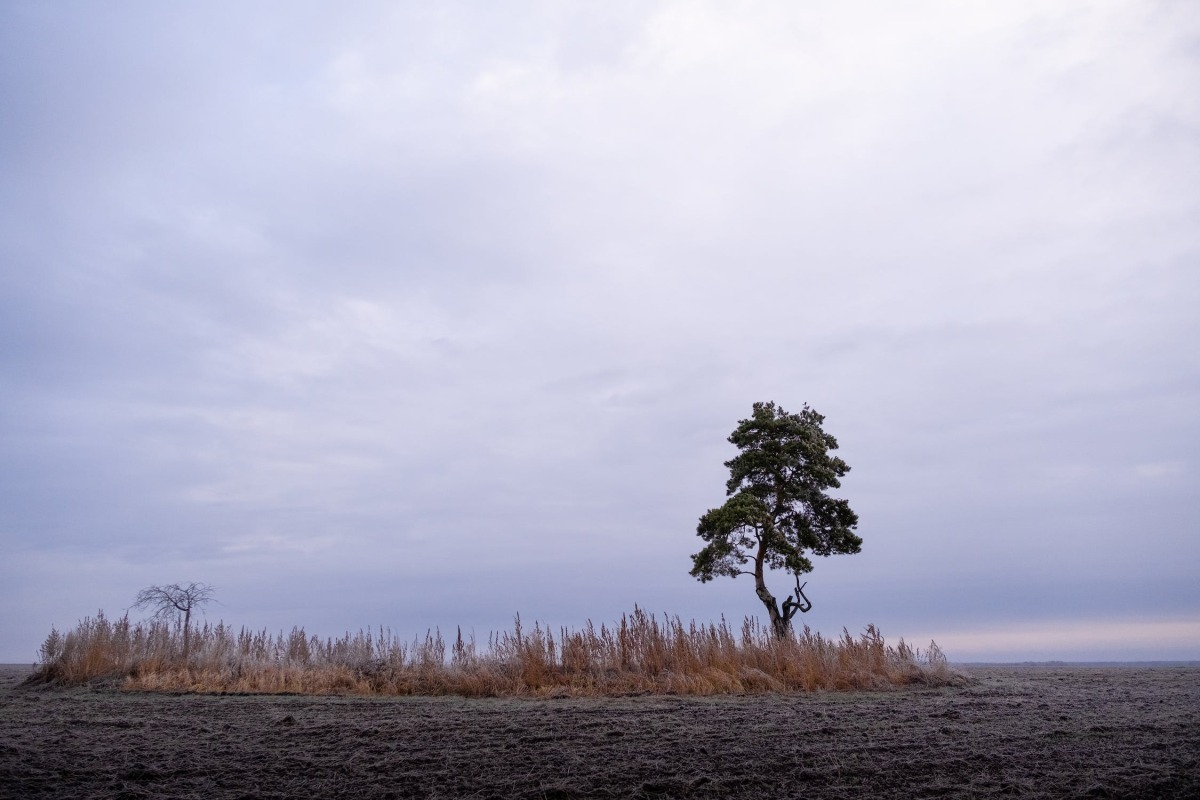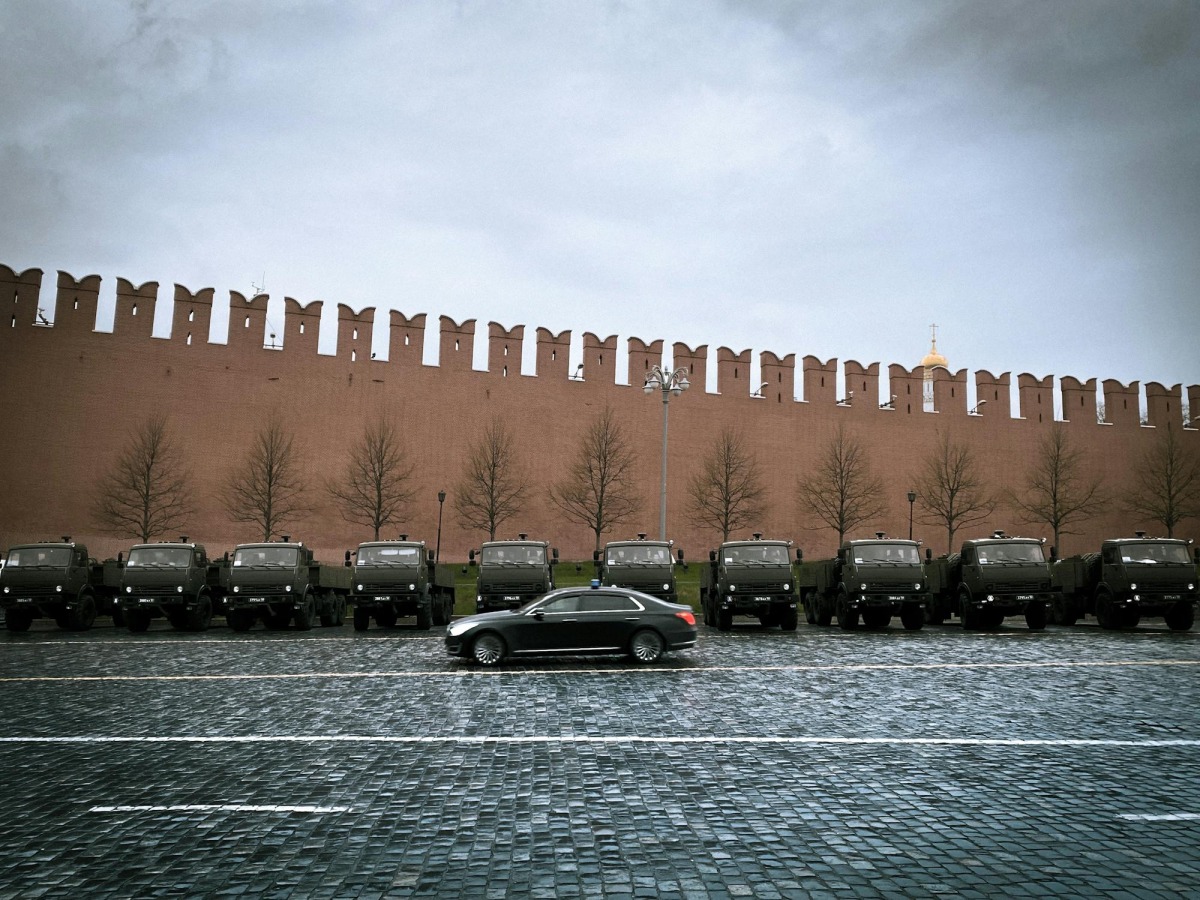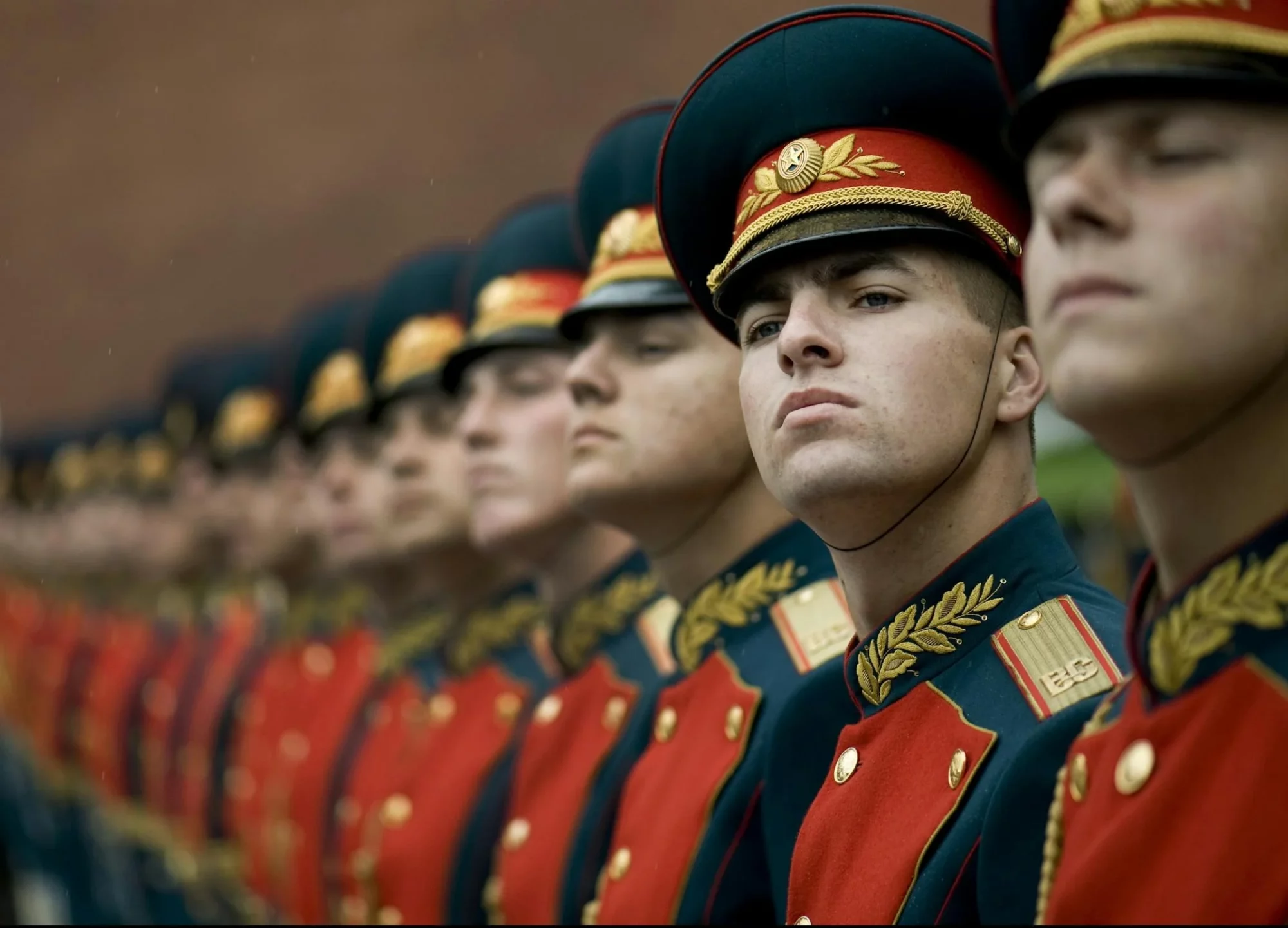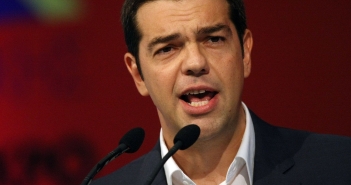In mid-January, St. Petersburg’s governor, Alexander Beglov, stated in his blog that Russian soldiers returning from the frontlines “know what they are fighting for” after witnessing gender-neutral toilets in Ukraine.
“These guys who saw toilets in schools where instead of two rooms, for girls and boys, there are three rooms – for girls, boys and gender-neutral ones, they don’t need to be explained what values we stand for,” Beglov said, referring to the values associated with gender-neutral facilities.
The governor’s statement caused a stir on social media and confused even supporters of the war. The attempt to awaken patriotic feelings was met with ridicule. Many thought it was inappropriate to justify modern Russia’s bloodiest war with toilets.
“What kind of talent does one have to have to explain the war with Ukraine by the fact that there supposedly are transgender toilets in schools (most likely, confusing them with toilets for teachers),” exiled Russian opposition politician Leonid Gozman sneered in his column.
However, soon Putin himself adopted the toilet rhetoric, claiming at a public event that ‘common toilets’ were a reason for many Russians returning from abroad en masse.
“It is difficult to raise children in the conditions that are created in some Western countries today. Sorry, having shared toilets for boys and girls, things like that. This has already become commonplace,” Putin explained. It is not entirely clear what exactly surprised the president so much. If Governor Beglov was upset about the ‘third toilets,’ Putin was surprised by the shared bathrooms, common in many Russian homes and apartments.
The topic of toilets has concerned Russian authorities in the past as well. In December 2022, Russian Foreign Minister Sergei Lavrov expressed indignation about the shared toilet at the OSCE summit in Sweden, concluding that it was ‘not humane.’ However, toilets have never before been used as a justification for war.

Image: Alexander Grey
The fight against gay pride…
Not only politicians but also the clergy are discussing the supposed “true” motivations behind the Russian invasion in Ukraine. In early 2022, the head of the Russian Orthodox Church, Patriarch Kirill, asserted that the war in Ukraine stemmed from the West’s attempt to impose foreign values, notably “gay parades.”
“Today, there is a loyalty test to this (Western) government, a kind of ticket to that ‘happy’ world, the world of excessive consumption, the world of apparent ‘freedom.’ Do you know what this test entails? The test is very simple yet terrible – it’s a gay pride parade,” the patriarch said in his sermon.
“To join the club of those countries, one must hold a gay pride parade. Not to make a political statement of ‘we are with you,’ not to sign agreements, but to hold a gay pride parade,” he added. Vladimir Putin also addressed the West’s attempt to forcibly introduce what he described as “newfangled” gay trends in Ukraine.
The gender and LGBT agenda suddenly became one of the main topics in Russia. In 2023, authorities officially banned gender transition surgeries and ordered the annulment of marriages where one partner requested a change of gender marker in official documents. Additionally, “propaganda of same-sex relationships” was outlawed, and the acronym LGBT was labeled as “an extremist movement organized in the United States” and deemed a threat to constitutional order.
Preventing World War III
However, the ongoing war encompasses more than just discussions about toilets and gay pride. Russian officials at various levels cite other reasons, including the prevention of a third world war, as justification for their actions.
“Colleagues, the commencement of a special military operation prevented the onset of a third world war. Consider what could have ensued? A humanitarian catastrophe, millions of casualties. This scenario was averted for one reason—our soldiers and officers are combating Nazism, safeguarding the peace and tranquility not only of Russian citizens but also of citizens in other states, particularly those in European nations,” stated Vyacheslav Volodin, Chairman of the Russian Parliament, in January.
Of course, the credit for averting global carnage is personally attributed to Putin.
“In essence, the third world war was averted due to his (Putin’s) competent decisions and actions,” stated the representative of the Ukrainian separatists in the “DPR,” Artem Zhoga. Towards the end of 2022, he publicly appealed to Putin to run for his fifth presidential term. Аfter sighing and throwing up his hands the Russian president agreed…
Although Putin refrains from portraying himself as the world’s savior, he certainly views his decisions on a grand scale. For instance, in the fall of 2023, he asserted that the Russian military was combating colonialism in Ukraine.
“The West, fundamentally, does not desire such a vast and diverse country like Russia. The multitude of cultures, traditions, languages, and ethnic groups simply does not align with the mindset of racists and colonialists,” explained the Russian leader.
“It is this genuine freedom that the fighters in the special operation zone are defending today,” he added.

Image: Наташа Нирамайя
A Nonexistent Future
By the end of 2023, polls indicated a declining level of support for the war among Russians.The country faces sanctions, ongoing casualties, and a stalemate in the invasion. Neither side appears capable of achieving significant progress on the front lines.
So, what is the path forward? The Kremlin lacks a clear vision for the future. The only strategy offered by the authorities is to escalate hate speech — enemies in Kyiv, enemies in the West, and enemies within the country. Following crackdowns on journalists and opposition figures, persecution has extended to writers, artists, and, more recently, celebrities (traditionally loyal to the regime).
Putin has wagered on perpetual war, as political scientist Tatyana Stanovaya asserted in one of her columns. She believes that aggressive militarism is increasingly defining Russian daily life.
“This choice will exacerbate conservative trends, accelerate repression and make Russian politics more intolerant and ruthless,” Stanovaya wrote.
This is evident in Russia’s campaign against LGBT. Officials, from mayors to the president, have suddenly focused on topics like gay pride and gender-neutral toilets, using similar language as if following a script.
Is this topic truly a major concern for Russians? Analysis of the “anxiety index” for 2023 reveals that people’s primary fears revolve around various factors, including declining living standards, rising prices, and the threat of new mobilization.
In March, Russia will hold presidential elections, where Putin is expected to secure the desired outcome. However, he will have to deal with mounting problems.
Despite the repression and purging of opposition figures in Russia, protests continue to erupt sporadically. In Moscow, the wives of mobilized men are demanding the return of their husbands, residents in Bashkortostan (A Muslim-majority republic located between the Volga River and the Ural Mountains) are outraged over the conviction of an environmental activist, and recent protests erupted in Yakutsk (east Siberia) following a domestic murder. Moreover, the situation is exacerbated by increasing instances of drones attacks and shelling occurring in different country regions.
But the most unsettling development for the Kremlin was the emergence of widespread support for Boris Nadezhdin’s campaign. As a representative of the systemic opposition, Nadezhdin aims to enter the elections with a straightforward message: stop the war and initiate negotiations. Surprisingly, these objectives resonated with a vast number of Russians.
Thousands of people across the country (and even beyond its borders) queued for hours to provide their signatures in support of Nadezhdin. In fact, this marked the largest anti-war action in the last two years. Nadezhdin’s supporters don’t expect his victory but are glad to express their stance in the only legally possible manner. Ultimately, Nadezhdin succeeded in gathering over 150 thousand signatures required for nomination. However, this doesn’t guarantee his eligibility to compete.
Will Putin find new arguments to justify the need to continue the war? It is quite possible, but it is already clear that for this he will have to come up with something better than the threat of gay pride and gender-neutral toilets.
Feature Image: Maxim Shklyaev





